




Vacuuming is an essential task for maintaining a clean and healthy home environment. But how often should you hoover your house?
There are several factors to consider when determining the frequency of vacuuming. The size of your home, the number of people and pets living in it, and the amount of foot traffic all play a role in how quickly your floors accumulate dust, dirt, and debris. In general, it is recommended to vacuum high-traffic areas at least once a week.
However, some experts suggest that daily vacuuming is necessary for households with pets or individuals with allergies or respiratory conditions. Pet hair can quickly accumulate and become a breeding ground for allergens, while those with breathing problems may benefit from frequent removal of dust and pollen.
It’s important to remember that regular vacuuming not only keeps your floors clean, but also helps to improve indoor air quality. Dust and allergens tend to settle on the floor, and if left untouched, can become airborne and irritate your respiratory system. By staying on top of your vacuuming routine, you can reduce the risk of respiratory issues and promote a healthier living environment.
How often should you hoover your house?
Introduction
Regular vacuuming is an essential part of keeping your house clean and free from dust, dirt, and allergens. But how often should you hoover your house? The frequency of vacuuming depends on various factors such as the type of flooring, the number of occupants, and the presence of pets. In this article, we’ll discuss some expert tips on how often you should hoover your house to maintain a clean and healthy living environment.
Type of flooring
The type of flooring in your house plays a significant role in determining how often you need to vacuum. Carpeted floors tend to trap more dirt and dust compared to hardwood or vinyl floors. If you have carpets or rugs, it is recommended to hoover them at least once a week. This frequency can increase if you have pets that shed or if you have family members with allergies.
On the other hand, hardwood or vinyl floors may require less frequent vacuuming. You can usually get away with hoovering these types of floors once every 1-2 weeks. However, it’s important to note that regular sweeping and mopping are also necessary to maintain cleanliness and remove any stubborn dirt or spills.
Number of occupants
The number of occupants in your house can also influence the frequency of vacuuming. If you live alone or with a small family, hoovering once a week might be sufficient. However, if you have a large family or frequently host guests, you may need to increase the frequency to keep up with the higher foot traffic and accumulation of dirt and dust.
Pet presence
If you have pets at home, it’s no secret that they can contribute to the amount of dirt and fur in your house. Pets, especially those that shed, can quickly fill up your carpets and upholstery with hair and dander. To keep your house clean and minimize allergies, it is recommended to hoover at least once or twice a week if you have pets. Additionally, using a vacuum cleaner with a HEPA filter can help capture pet allergens more effectively.
Conclusion
While there is no one-size-fits-all answer to how often you should hoover your house, these expert tips can help you determine the appropriate frequency based on your specific circumstances. Regular vacuuming is crucial for maintaining a clean and healthy living environment, so make sure to prioritize this task in your cleaning routine.
Expert cleaning tips
1. Make a cleaning schedule
Creating a cleaning schedule can help you stay organized and ensure that all tasks are completed regularly. Break down the cleaning tasks into daily, weekly, monthly, and seasonal chores. This will help you allocate time for each task and prevent the accumulation of dirt and dust.
2. Declutter before cleaning
Prior to cleaning, it’s important to declutter your space. Remove any unnecessary items from surfaces and put them in their designated places. This will make cleaning more efficient and allow you to thoroughly clean each area without any obstructions.
3. Dust before vacuuming
When cleaning, always start with dusting before vacuuming. Dust tends to settle on surfaces and can then be spread in the air when vacuuming. Use a microfiber cloth or a duster to remove dust from surfaces, including furniture, shelves, and electronics.
4. Vacuum regularly
Vacuuming should be done at least once a week, especially in high-traffic areas. Use a vacuum cleaner with a HEPA filter to effectively remove dirt, dust, and allergens from your carpets and rugs. Make sure to also vacuum upholstery, curtains, and other soft surfaces.
5. Deep clean carpets and upholstery
In addition to regular vacuuming, it’s important to deep clean your carpets and upholstery at least once or twice a year. This will help remove embedded dirt and stains, improve indoor air quality, and prolong the life of your soft furnishings. Consider renting a carpet cleaner or hiring a professional for this task.
6. Don’t forget to clean hard-to-reach areas
When cleaning, don’t forget to tackle hard-to-reach areas such as ceiling fans, light fixtures, and behind furniture. Use a duster or an extended vacuum attachment to reach these areas and remove any accumulated dust or cobwebs. This will help maintain a clean and dust-free environment.
7. Use the right cleaning products
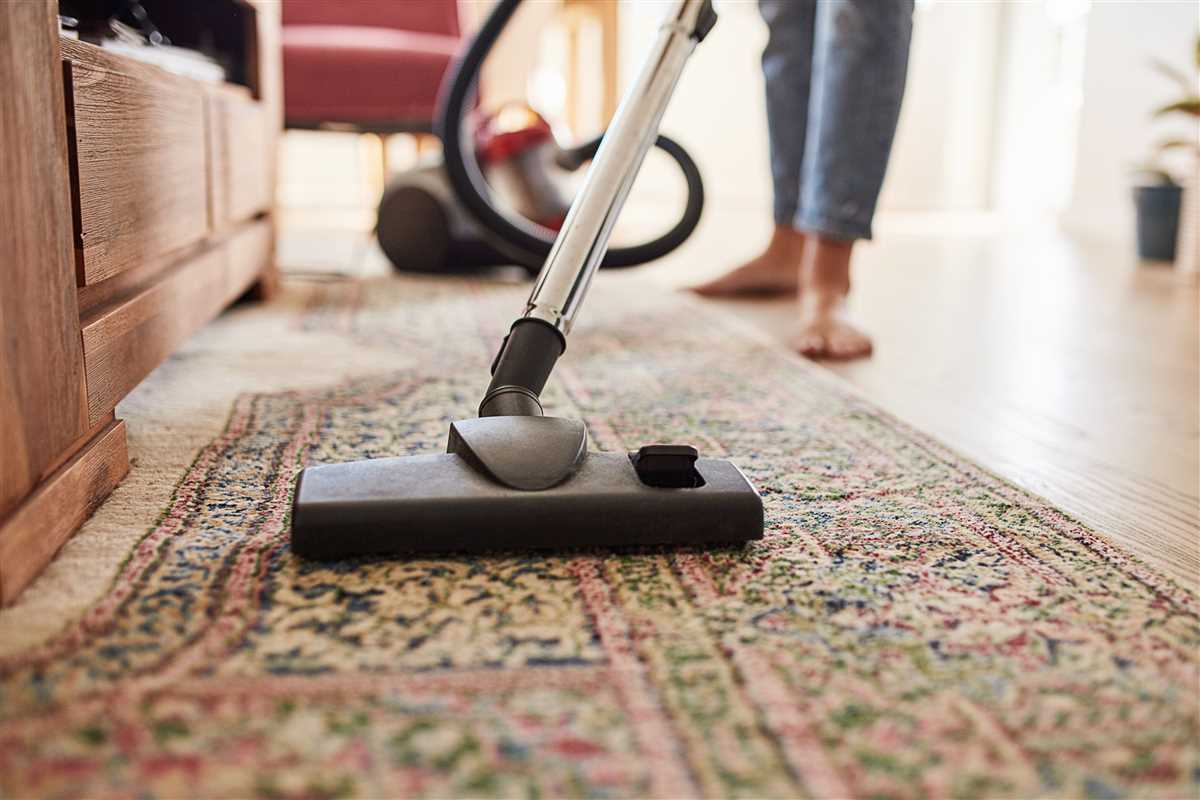
Using the right cleaning products is essential for effective cleaning. Choose products that are suitable for the specific surfaces you are cleaning, whether it’s wood, glass, stainless steel, or tile. Avoid using abrasive cleaners that can damage surfaces and always follow the instructions on the cleaning products.
8. Clean in an organized manner
When cleaning a room, start from the top and work your way down. This way, any dust or dirt that falls from higher surfaces will be picked up as you clean the lower areas. Clean each surface thoroughly before moving on to the next one to ensure a comprehensive cleaning.
9. Maintain a clean kitchen and bathroom
The kitchen and bathroom are two areas that require regular cleaning due to the accumulation of grease, grime, and bacteria. Wipe down countertops, sinks, and appliances in the kitchen, and clean the toilet, shower, and bathtub in the bathroom at least once a week. Pay attention to any specific cleaning requirements for these areas.
10. Involve the whole family
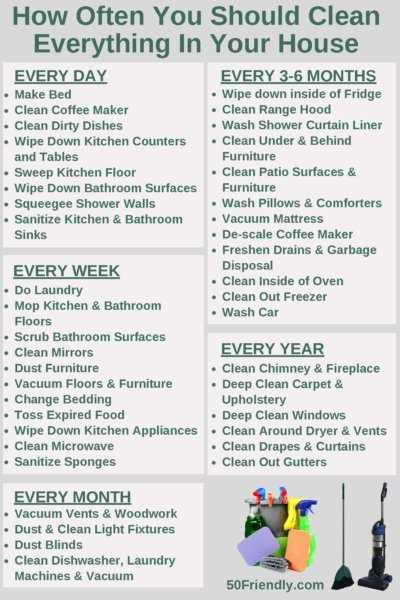
Cleaning should not be a one-person job. Involve the whole family in maintaining a clean and tidy home. Assign age-appropriate cleaning tasks to each family member and establish a cleaning routine that everyone can follow. Teaching children the importance of cleanliness and responsibility will help create a cleaner living environment for everyone.
| Task | Daily | Weekly | Monthly | Seasonal |
|---|---|---|---|---|
| Dust surfaces | ✓ | ✓ | ✓ | ✓ |
| Vacuum carpets/rugs | ✓ | ✓ | ||
| Wipe down countertops | ✓ | ✓ | ✓ | |
| Clean bathroom | ✓ | ✓ | ✓ | |
| Deep clean carpets/upholstery | ✓ | |||
| Clean kitchen appliances | ✓ |
The importance of regular hoovering
Regular hoovering is essential for maintaining a clean and healthy living environment. Not only does it remove visible dirt and debris from your floors, but it also eliminates hidden allergens and dust mites that can cause allergies and respiratory issues.
Here are some reasons why regular hoovering should be a part of your cleaning routine:
1. Removes dirt and dust
Everyday activities such as walking, cooking, and even petting your furry friend can result in the accumulation of dirt and dust on your floors. Regular hoovering helps to remove this debris, preventing it from settling into the fibers of your carpets or scratching the surface of your hard floors.
2. Reduces allergens
Allergens such as dust mites, pollen, and pet dander can often go undetected in your home. These microscopic particles can trigger allergies and worsen respiratory conditions like asthma. By hoovering regularly, you can effectively remove these allergens from your floors and surfaces, ensuring a healthier indoor environment.
3. Prevents the spread of bacteria and germs
High-traffic areas in your home, like the kitchen and bathroom, can harbor bacteria and germs. By hoovering these areas regularly, you can eliminate any bacteria and germs that may have settled on your floors, preventing their spread to other areas of your home and reducing the risk of illnesses.
4. Extends the life of your flooring
Regular hoovering not only keeps your floors clean but also helps to extend their lifespan. Dirt and debris can act as abrasives, causing wear and tear on your floors over time. By removing these particles regularly, you can prevent damage and maintain the appearance and durability of your flooring.
5. Improves indoor air quality
Hoovering helps to improve indoor air quality by removing particulate matter that can circulate in the air. This is especially important for individuals with allergies or respiratory conditions, as clean air can lead to better overall health and well-being.
In conclusion, regular hoovering is crucial for maintaining a clean and healthy home. By removing dirt, allergens, bacteria, and germs, as well as extending the life of your flooring and improving indoor air quality, you can create a comfortable and inviting living environment for you and your family.
Expert advice for household cleanliness
1. Create a cleaning schedule
In order to maintain a clean and tidy home, it is important to create a cleaning schedule. This will help you stay organized and ensure that every area of your house receives regular attention.
2. Vacuum regularly
Vacuuming is an essential part of keeping your home clean. Experts recommend vacuuming at least once a week, but high-traffic areas may require more frequent attention. Make sure to use different attachments to clean hard-to-reach places like corners, crevices, and upholstery.
3. Dust and wipe surfaces
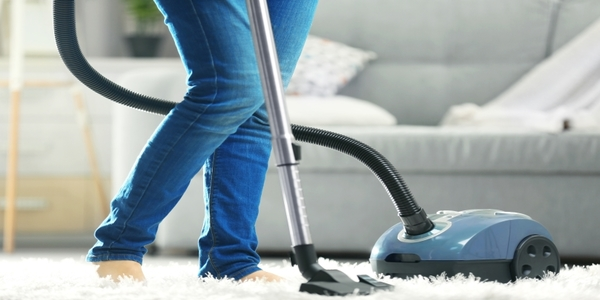
Dusting and wiping surfaces is another important step in maintaining a clean home. Use a microfiber cloth or a duster to remove dust from furniture, shelves, and other surfaces. For hard surfaces, use a mild cleaning solution and a damp cloth to wipe away dirt and grime.
4. Wash bedding regularly
Bedding should be washed on a regular basis to remove allergens, sweat, and dirt. Experts recommend washing sheets and pillowcases once a week, while larger items like comforters and mattress covers can be washed every few months.
5. Clean kitchen and bathroom frequently
The kitchen and bathroom are areas that tend to accumulate the most dirt and bacteria. It is important to clean these areas frequently to prevent the spread of germs and maintain a hygienic living space. Wipe down countertops, clean sinks, sanitize toilets, and mop floors regularly to keep these areas clean.
6. Declutter regularly
Clutter can make a home look messy and disorganized. To maintain a clean and tidy space, it is important to declutter regularly. Go through your belongings and get rid of items that you no longer need or use. Organize your belongings in designated spaces to prevent clutter from building up again.
7. Use natural cleaning products
Many household cleaning products contain harmful chemicals that can be damaging to your health and the environment. Consider using natural cleaning products instead. You can make your own cleaners using ingredients like vinegar, baking soda, and lemon juice, or purchase eco-friendly cleaning products from the store.
8. Don’t forget about the little details
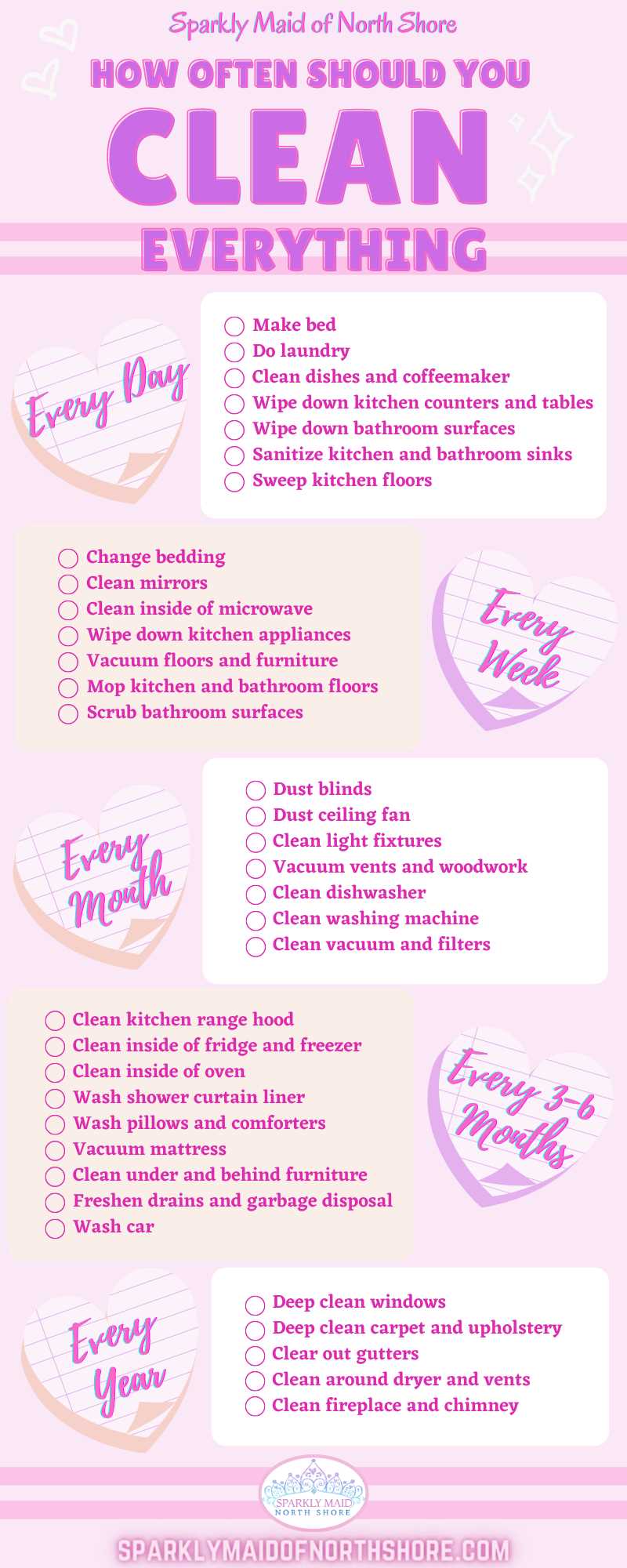
When cleaning your home, don’t forget about the little details. Pay attention to areas like light fixtures, baseboards, and window sills. These areas can accumulate dust and dirt over time and should be included in your regular cleaning routine.
9. Get professional help if needed
If you find it difficult to keep up with household cleaning tasks or simply don’t have the time, consider hiring professional cleaners. They can help ensure that your home stays clean and tidy without you having to put in all the effort.
10. Involve the whole family
Keeping a clean home should be a shared responsibility. Involve the whole family in the cleaning process by assigning tasks and setting expectations. By working together, you can maintain a clean and welcoming living environment.</p
Choosing the right hoover for your home
When it comes to keeping your house clean, having the right hoover is essential. With so many options available on the market, it can be overwhelming to choose the one that suits your needs. Here are some factors to consider when selecting a hoover for your home:
Type of flooring
The type of flooring in your home is an important consideration when choosing a hoover. Different types of flooring require different cleaning techniques. If you have mostly carpeted areas, a hoover with a strong suction power and a brush roll is recommended to effectively remove dirt and pet hair. For hard floors such as wood or tile, a hoover with a gentle brush roll or a vacuum cleaner that specializes in hard surfaces may be more suitable.
Size and weight
The size and weight of the hoover should also be taken into account. If you have a large house or multiple levels, a lightweight and compact hoover will be more convenient for carrying around and storing. On the other hand, if you have a small apartment or limited storage space, a smaller hoover can be easier to manage.
Features and attachments
Consider the features and attachments that come with the hoover. Some models offer additional tools and attachments, such as a crevice tool, upholstery brush, or pet hair removal brush, which can help you clean various surfaces and hard-to-reach areas. Make sure to assess your cleaning needs and choose a hoover that provides the necessary attachments.
Noise level
Cleaning can be a noisy task, but some hoovers are quieter than others. If you prefer a quieter cleaning experience, look for hoovers with lower decibel levels. This can be especially important if you have young children or live in an apartment building with noise restrictions.
Price range
Last but not least, consider your budget. Hoovers come in a wide range of prices, and it’s important to set a budget and stick to it. Determine how much you are willing to spend and look for hoovers within that price range. Keep in mind that higher-priced models often come with more advanced features, but that doesn’t necessarily mean they are the best fit for your needs.
By considering these factors and thoroughly researching different hoover options, you can find the perfect hoover for your home, ensuring a clean and fresh living environment for you and your family.
Key factors to consider when buying a vacuum cleaner
1. Purpose
Before buying a vacuum cleaner, it’s important to consider its purpose. Are you looking for a vacuum cleaner for general household cleaning or one that specializes in specific tasks like pet hair removal or deep carpet cleaning? Understanding your cleaning needs will help you choose the right type of vacuum cleaner.
2. Type of vacuum cleaner
There are several types of vacuum cleaners available in the market, each with its own advantages and limitations. Some common types include upright vacuum cleaners, canister vacuum cleaners, stick vacuum cleaners, and robotic vacuum cleaners. Evaluate the pros and cons of each type and choose the one that best suits your requirements.
3. Suction power
The suction power of a vacuum cleaner is an important factor to consider. Higher suction power ensures better cleaning performance, especially for carpets and upholstery. Look for vacuum cleaners with adjustable suction power to suit different surfaces and cleaning needs.
4. Filtration system
A good filtration system is crucial to maintain indoor air quality while vacuuming. HEPA (High-Efficiency Particulate Air) filters are highly effective in trapping small particles and allergens, making them ideal for allergy sufferers. Consider a vacuum cleaner with a reliable filtration system to ensure clean and fresh air in your home.
5. Noise levels
Noise levels can be a significant concern, especially if you live in an apartment or have young children. Look for vacuum cleaners that have noise-reduction features or are specifically designed to operate quietly without compromising cleaning performance.
6. Maneuverability and weight
The maneuverability and weight of a vacuum cleaner play a key role in ease of use and convenience. Lightweight models are easier to carry and maneuver, especially when cleaning stairs or other hard-to-reach areas. Consider your physical abilities and the layout of your home when choosing the weight and maneuverability of a vacuum cleaner.
7. Accessories and attachments
Check the available accessories and attachments that come with the vacuum cleaner. These extras can greatly enhance its versatility and allow you to clean different surfaces and areas effectively. Common attachments include crevice tools, upholstery brushes, and pet hair attachment tools.
8. Warranty and customer support
Lastly, consider the warranty and customer support offered by the manufacturer. A reliable warranty will give you peace of mind and protect your investment. Additionally, good customer support can be valuable if you encounter any issues or need assistance with your vacuum cleaner.
By considering these key factors, you can choose a vacuum cleaner that suits your cleaning needs and provides efficient and effective cleaning throughout your home. Remember to compare different brands and models, read customer reviews, and make an informed decision before making a purchase.
Effective techniques for hoovering different surfaces
Carpets and rugs
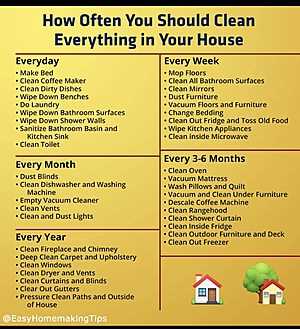
When hoovering carpets and rugs, it is important to use the correct technique to effectively remove dirt and dust:
- Start by removing any small objects or debris from the surface of the carpet or rug.
- Adjust the height of the hoover to the appropriate level for your carpet or rug.
- Begin hoovering in straight lines, overlapping each stroke to ensure thorough coverage.
- Pay extra attention to high-traffic areas and areas where dirt and dust tend to accumulate.
- If you encounter any stains or spills, spot clean them with appropriate carpet cleaning products before hoovering.
Hardwood floors
Hoovering hardwood floors requires a different technique to avoid scratching or damaging the surface:
- Before hoovering, sweep or use a soft brush to remove any loose dirt or debris.
- Switch the hoover to the appropriate setting for hard floors or use a specialized attachment.
- Move the hoover in straight lines, following the direction of the floorboards.
- Avoid using excessive force or pressing down too hard on the hoover.
- Pay attention to corners and edges where dirt can accumulate.
Upholstered furniture
When hoovering upholstered furniture, make sure to take care of both the fabric and the overall structure:
- Before hoovering, use an upholstery brush or attachment to gently remove any loose dirt or debris from the surface of the furniture.
- Depending on the fabric, you may need to adjust the hoover settings to a lower suction power to prevent damage.
- Use slow and gentle strokes to hoover the fabric, making sure to cover all areas.
- Pay attention to crevices and seams where dirt and dust can accumulate.
- If your upholstered furniture has removable cushions or covers, take them off and hoover them separately.
Curtains and drapes
When hoovering curtains and drapes, extra care is needed to avoid damaging the delicate fabric:
- Check the care instructions for your curtains and drapes to determine if hoovering is recommended.
- If hoovering is safe, use a soft brush attachment or a low suction power setting.
- Start at the top of the curtain or drape and work your way down, using gentle strokes.
- Pay attention to pleats, folds, and hems where dust tends to accumulate.
- If the fabric is particularly delicate, you may want to consider professional cleaning instead.
Table and countertops
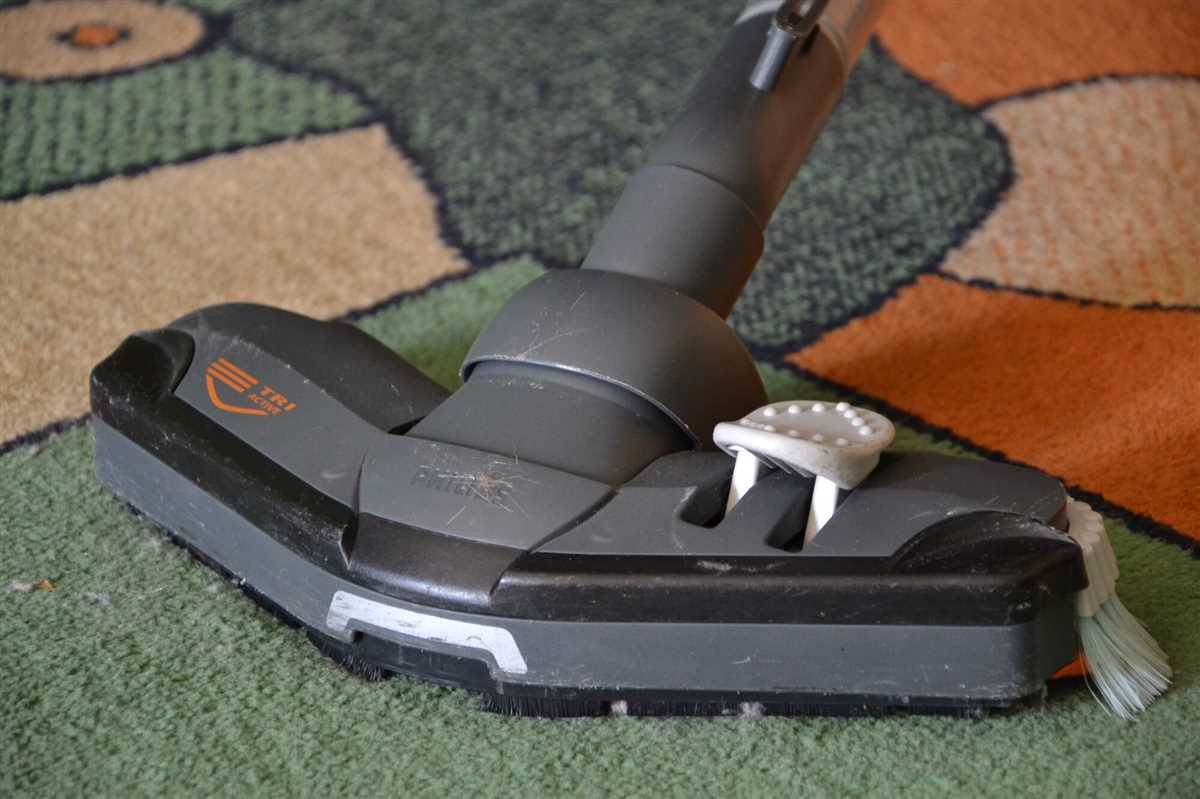
When hoovering tables and countertops, follow these steps for effective cleaning:
- Remove any loose items, including crumbs or debris, from the surface before hoovering.
- Use a small brush attachment or nozzle to hoover the surface, paying attention to corners and edges.
- For delicate surfaces, such as marble or glass, use a soft brush or a microfiber cloth to avoid scratching.
- Hoover in straight lines, overlapping each stroke for thorough coverage.
- Finish by wiping the surface with a damp cloth to remove any remaining dust or dirt.
FAQ
How often should I vacuum my house?
Most experts recommend vacuuming your house at least once a week. However, if you have pets or allergies, it is advisable to vacuum more frequently, preferably every other day.
Is it necessary to vacuum every day?
Vacuuming every day is not necessary unless you have specific needs such as allergies or if you have a large number of pets. For regular household purposes, vacuuming once or twice a week should be sufficient.
Should I vacuum my house every day if I have pets?
If you have pets, particularly ones that shed fur, it is recommended to vacuum your house every day or at least every other day. This will help to remove pet hair and dander from your carpets and furniture, reducing allergens and keeping your house clean.
How often should I clean my carpet?
It is advisable to deep clean your carpets at least once every 6 to 12 months. However, if you have high foot traffic or pets, you may need to clean them more frequently, ideally every 3 to 6 months.
Can I vacuum less frequently if I have hardwood floors?
If you have hardwood floors, you may not need to vacuum as frequently as you would with carpets. However, it is still important to vacuum them at least once a week to remove dirt, dust, and debris that can accumulate on the surface.












